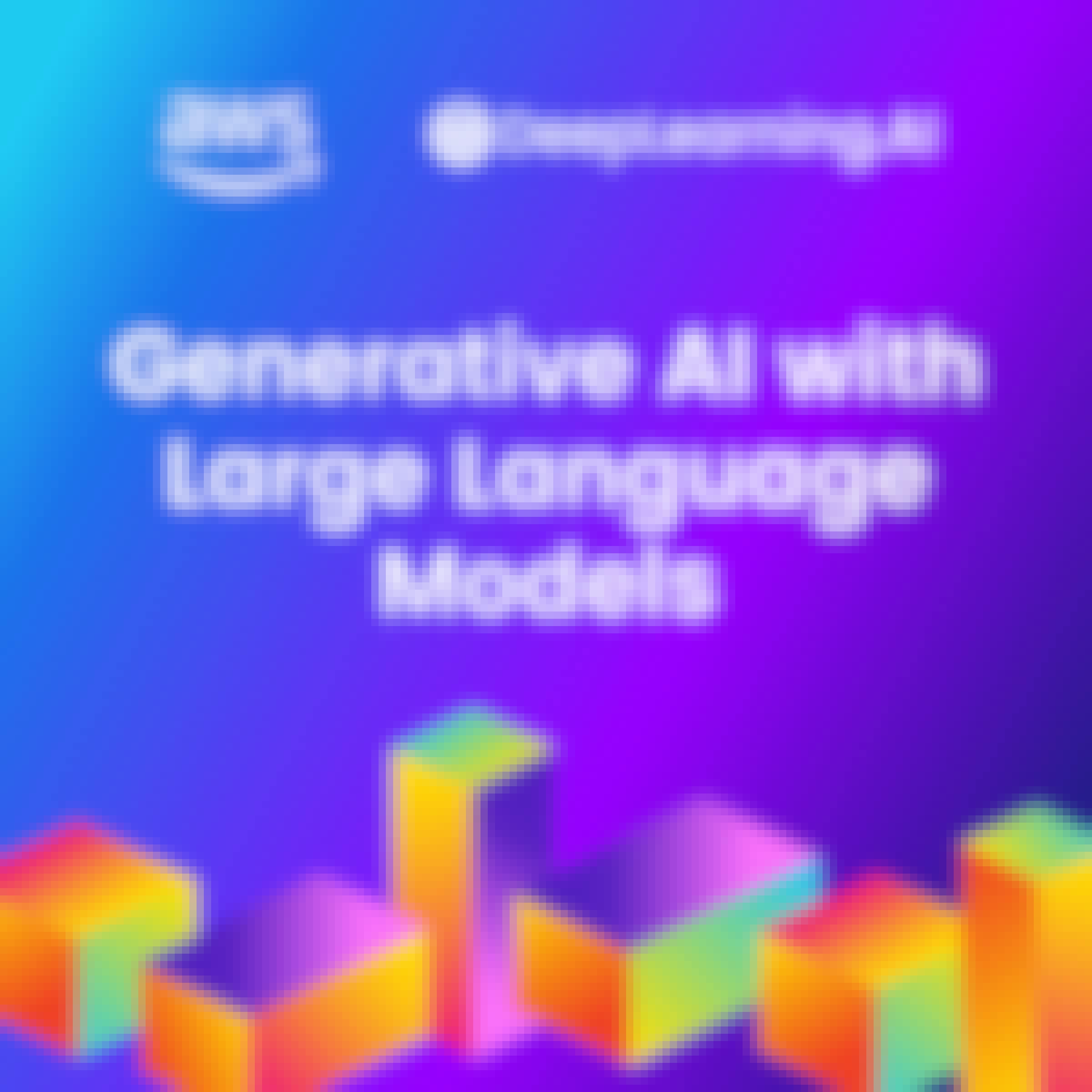Filter by
The language used throughout the course, in both instruction and assessments.
1,750 results for "evolution"
 Status: Free
Status: FreeCaltech
Skills you'll gain: Human Learning
 Status: Free
Status: FreeUniversity of Alberta

University of California San Diego

University of Illinois at Urbana-Champaign
 Status: Free
Status: FreeThe University of Sydney
Skills you'll gain: Creativity, Critical Thinking, Design and Product, Innovation, Interactive Design, Problem Solving, Product Design, Research and Design, User Experience, User Experience Design
 Status: Free
Status: FreeThe University of Edinburgh

University of Colorado Boulder

University of Pennsylvania

DeepLearning.AI
Skills you'll gain: Machine Learning, Natural Language Processing, Python Programming
 Status: Free
Status: FreeAmerican Museum of Natural History
 Status: Free
Status: FreeUniversity of California San Diego
Skills you'll gain: Culture

Board Infinity
Skills you'll gain: Writing
Searches related to evolution
In summary, here are 10 of our most popular evolution courses
- The Evolving Universe: Caltech
- Dino 101: Dinosaur Paleobiology: University of Alberta
- Molecular Evolution (Bioinformatics IV): University of California San Diego
- Emergence of Life: University of Illinois at Urbana-Champaign
- Innovation Through Design: Think, Make, Break, Repeat: The University of Sydney
- Philosophy, Science and Religion: Science and Philosophy: The University of Edinburgh
- The Big Stuff: Evolution and Ecology: University of Colorado Boulder
- Philosophy of Science: University of Pennsylvania
- Generative AI with Large Language Models: DeepLearning.AI
- The Dynamic Earth: A Course for Educators: American Museum of Natural History










